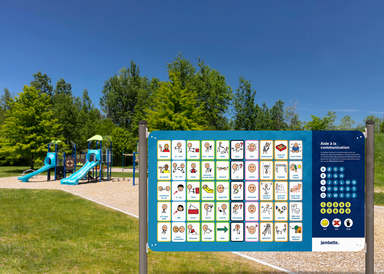
Inclusive Communication
This new non-verbal communication panel, part of Jambette’s inclusive approach, promotes communication with people with limitations.
Read more Inclusive Communication
This new non-verbal communication panel, part of Jambette’s inclusive approach, promotes communication with people with limitations.
Read more Inclusive Communication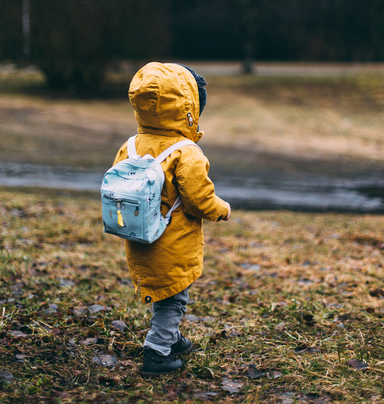
« Boredom is healthy [...], it forces children to find ways to amuse themselves and to get out of this state of boredom ». - Jambette's white paper. In order for children to engage in free play, they have to have the opportunity....
Read more Boredom is healthy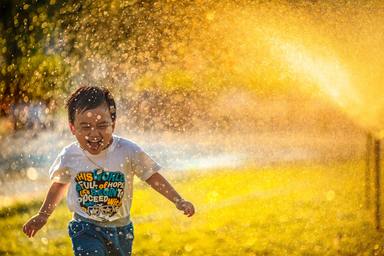
Free play, which is even better when it is outdoors, has only positive effects. It’s logical! Nothing is more normal and natural for a child than to play. With play comes along a range of learning opportunities for children that foster their...
Read more Free play, the benefits for the child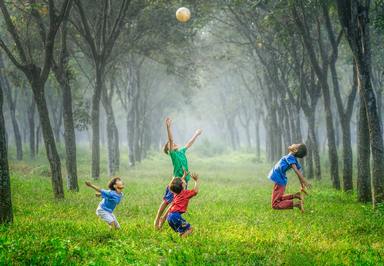
MYTH #1 Free play, especially outdoors, exposes children to more injuries. REALITY Children playing in the streets or parks rarely seriously injure themselves. In fact, they are more likely to suffer injuries on board a vehicle than playing in...
Read more The “risks”: myths to debunk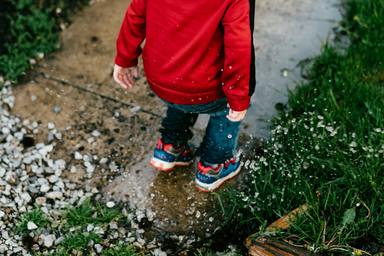
While there is a consensus regarding the fact that a return to free play is necessary for the development and well-being of children, the winning conditions to foster this must still be brought together! What are they ? 1. Free time in...
Read more The foundation of free play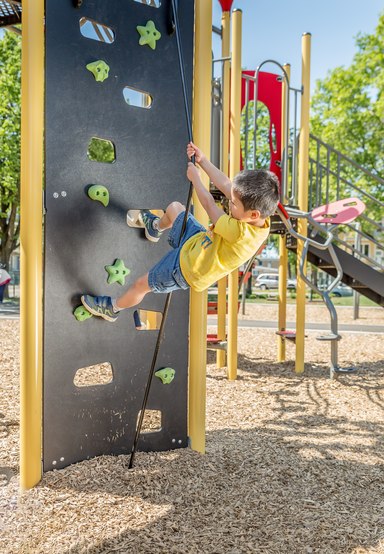
| Learning
The ParticipACTION Report Card on Physical Activity for Children and Youth is the most comprehensive assessment of child and youth physical activity in Canada. This year, the 2018 edition taught us that a growing body of research has begun to examine the benefits of childhood physical activity in relation to brain health.
Read more Playing at the park helps the kids brain for school!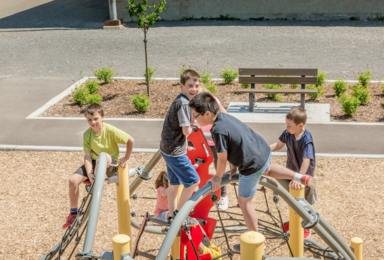
| Learning
There are many benefits to playing outdoors. Overall, it promotes the healthy development of body, heart and mind. In terms of motor development, the child who plays, and plays outdoors, discovers what his body is capable of and increases his physical abilities. Emotional expression is also central to play, relating to others, and fostering self-esteem and self-confidence. Moreover, good outdoor fun contributes positively to learning and academic success.
Read more 4 surprising facts about the effect of play on child development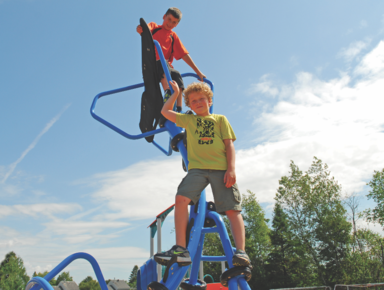
| Learning
To play is essential for children, especially since a number of studies have shown that children play less, are outdoors less and are less healthy than previous generations. For the child, play is life at its best! Play contributes to the child’s growth in addition of providing the ideal backdrop for self-discovery and for discovering the world. It helps the child develop as he or she, at play, learns to change and adapt his or her own game.
Read more These Tricks Will Help You to Get Your Children Out to Play !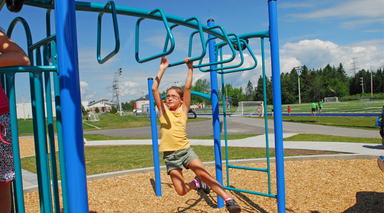
| Learning
Everyone plays, regardless of age. People are forever learning and building on their achievements, and everyone is creative in their own way !
Read more DEVELOP CREATIVITY IN THE PARK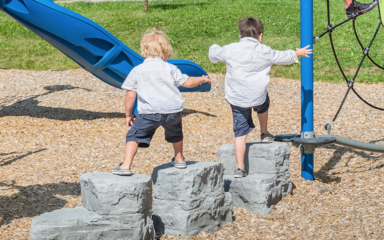
| Learning
A number of studies have shown that children play less, are outdoors less and are less healthy than previous generations. Leisure activities outdoors have decreased at an alarming rate in favour of time spent in front of televisions, computers, tablets and smartphones.Yet unstructured outdoor play, whether in nature, the backyard or at a park, not only gets children moving, but also helps them develop healthy lifestyle habits that will last a lifetime.
Read more 4 Tips for Daycares And Schools to Getting Children Out to Play